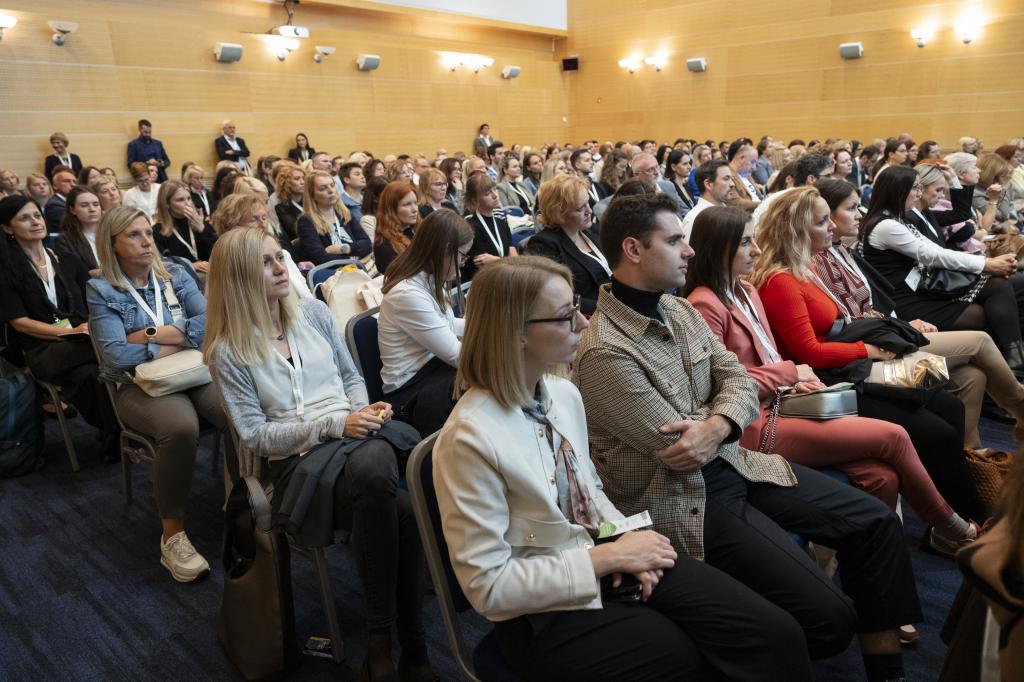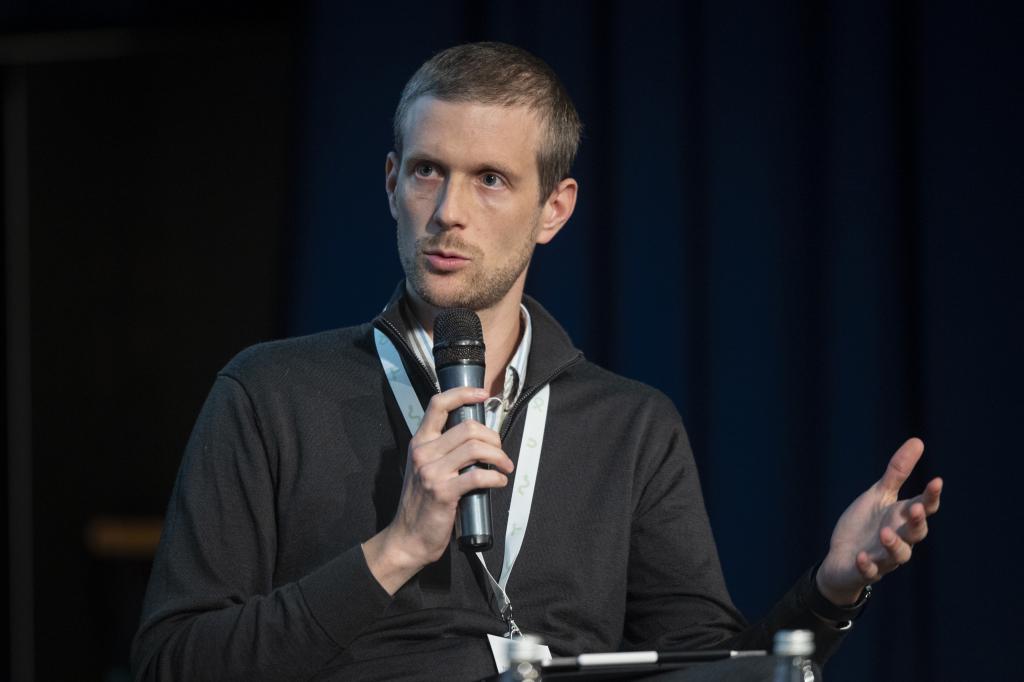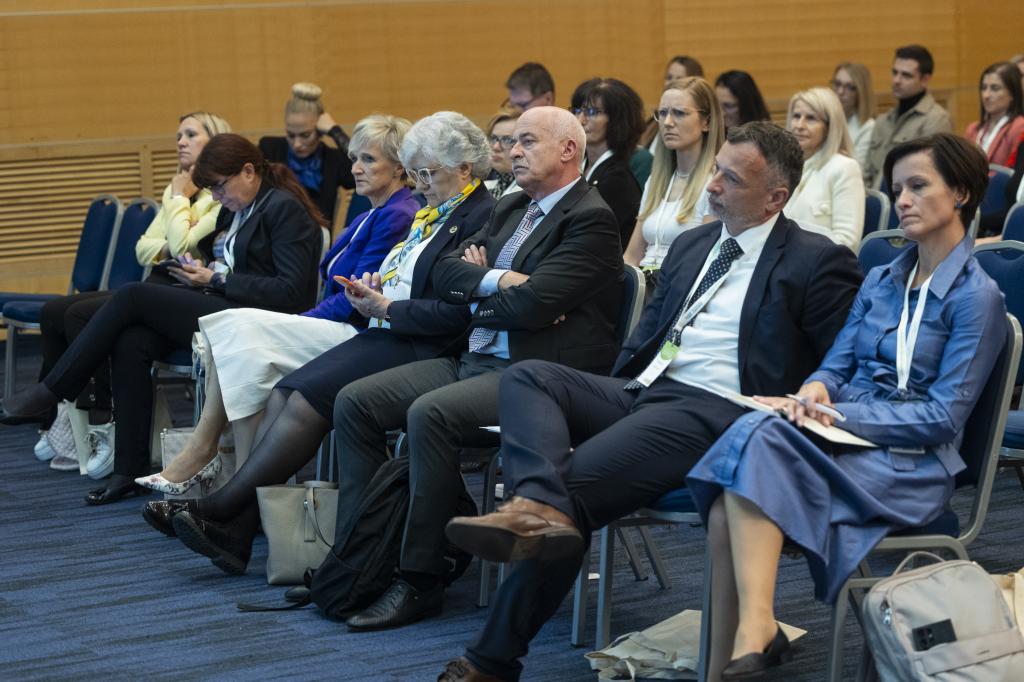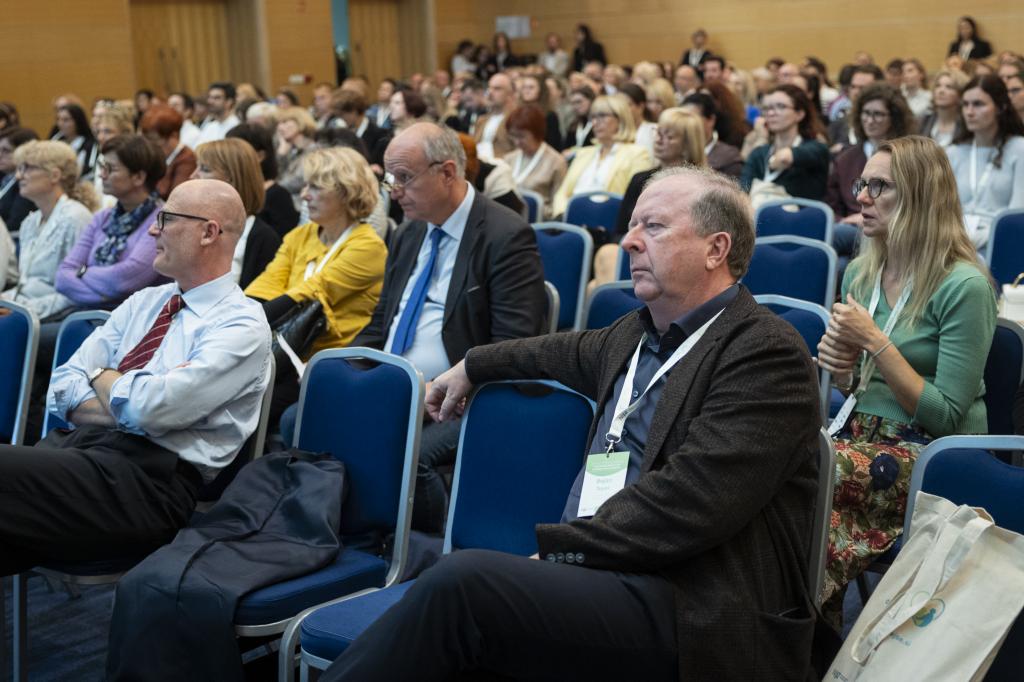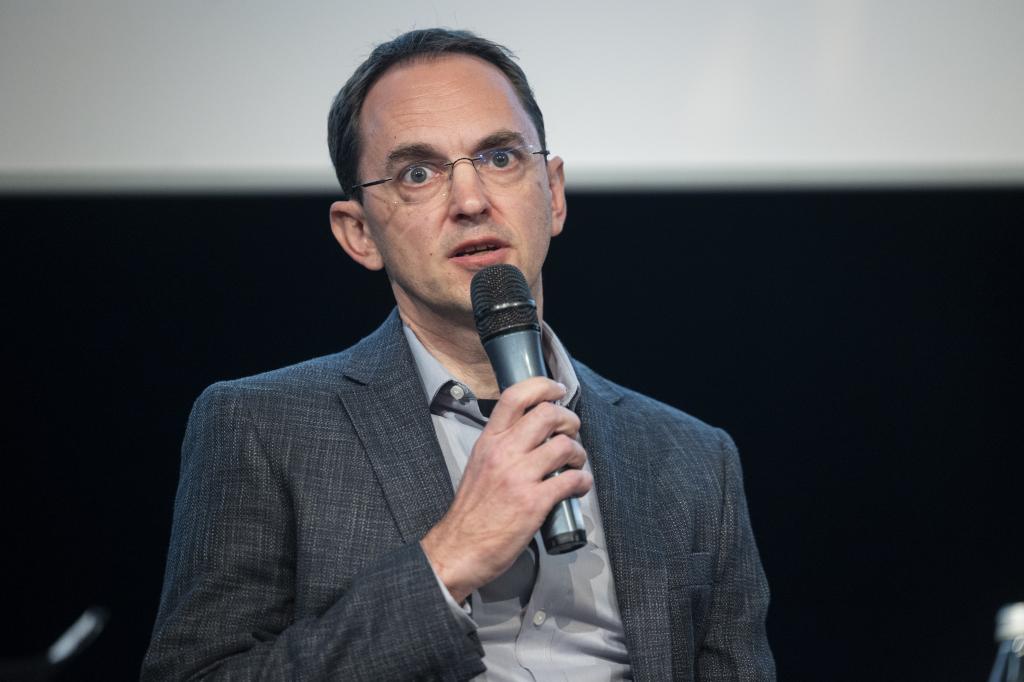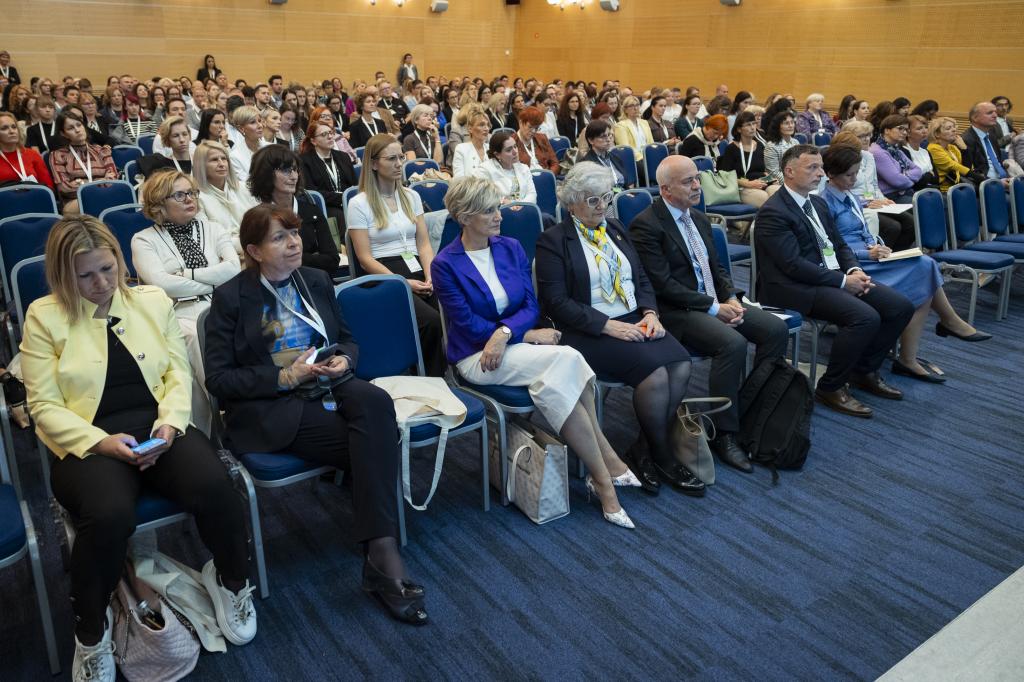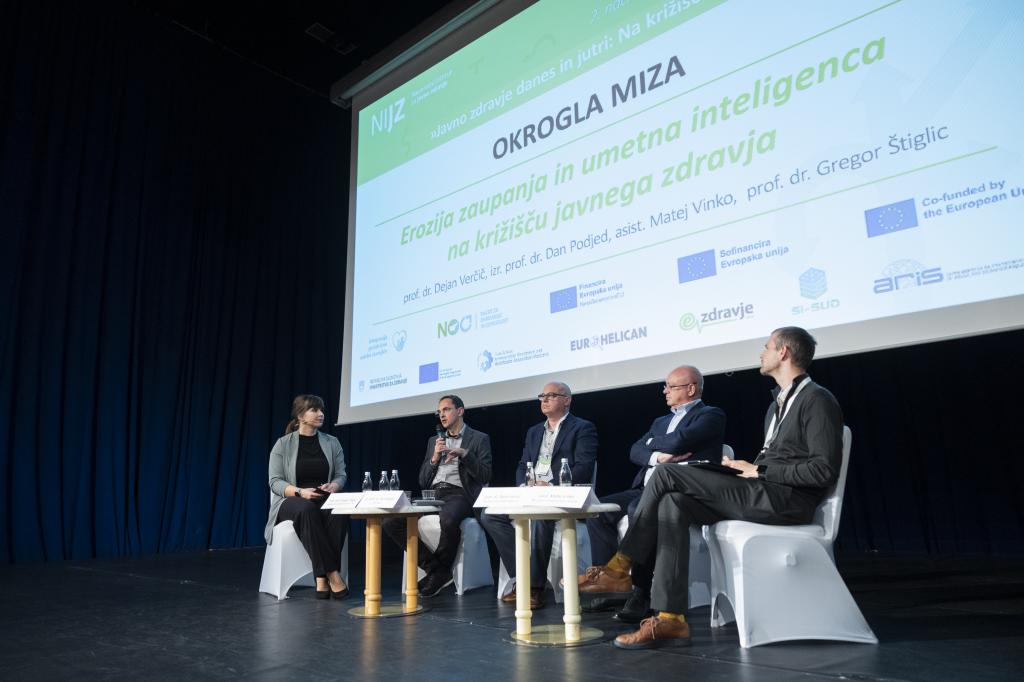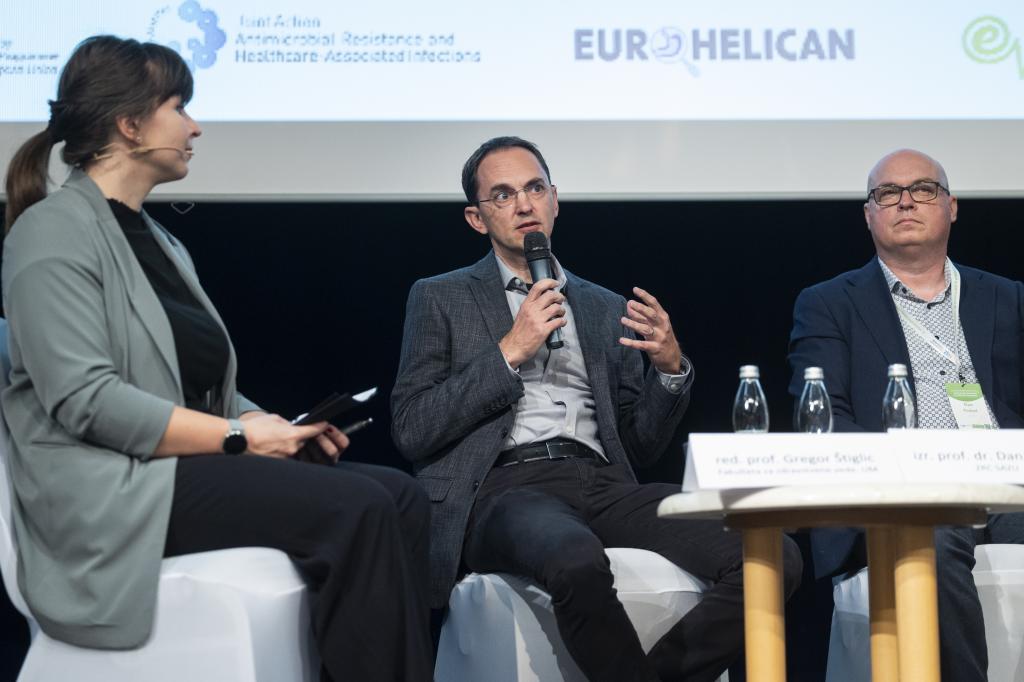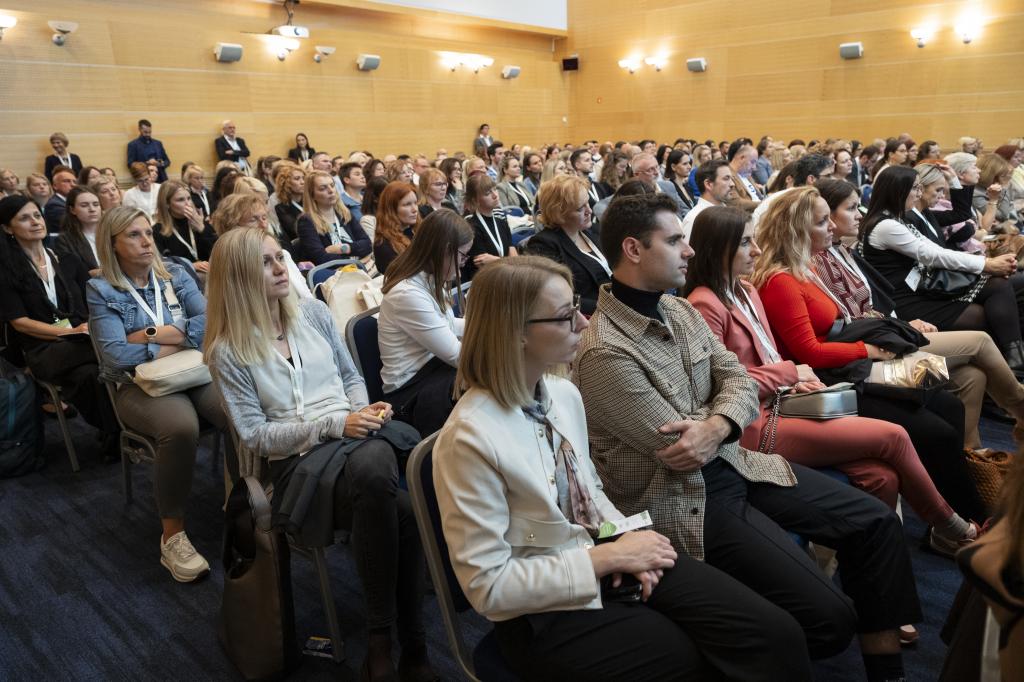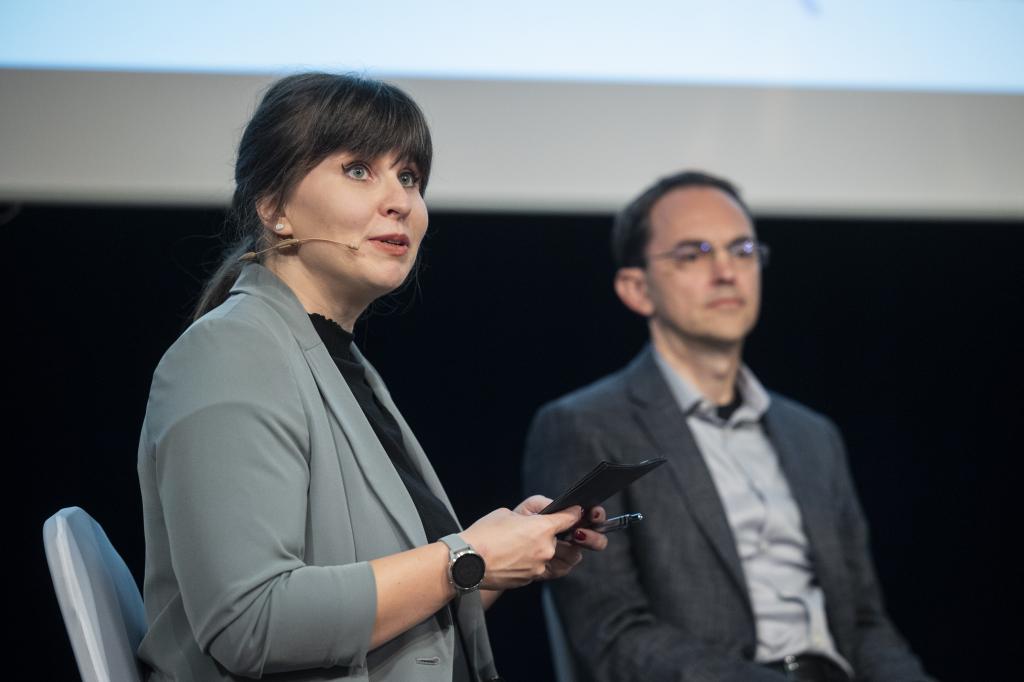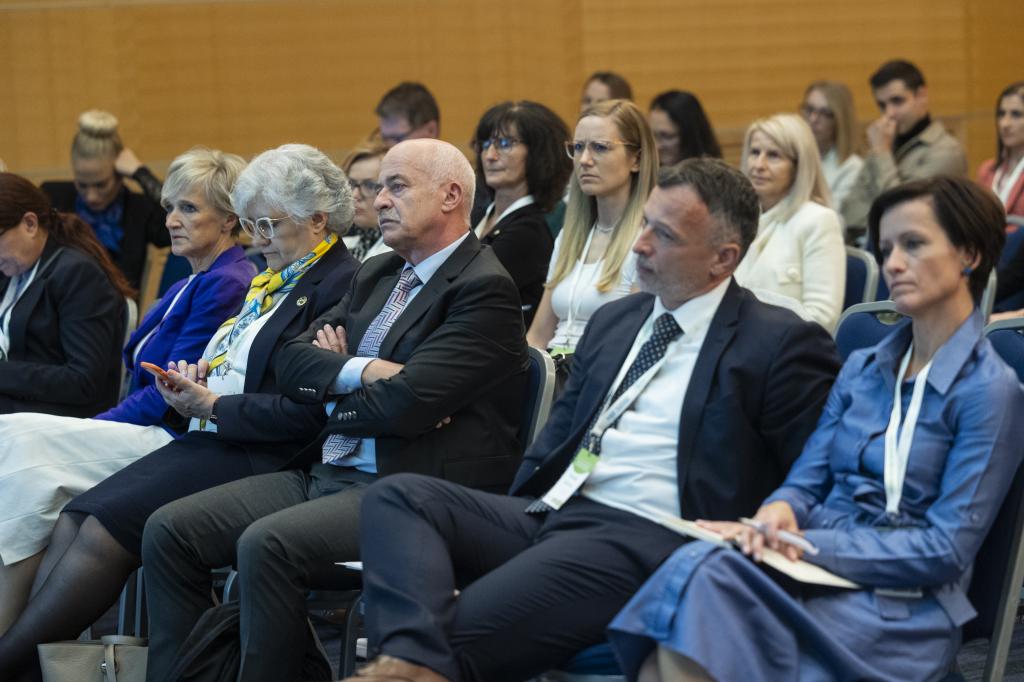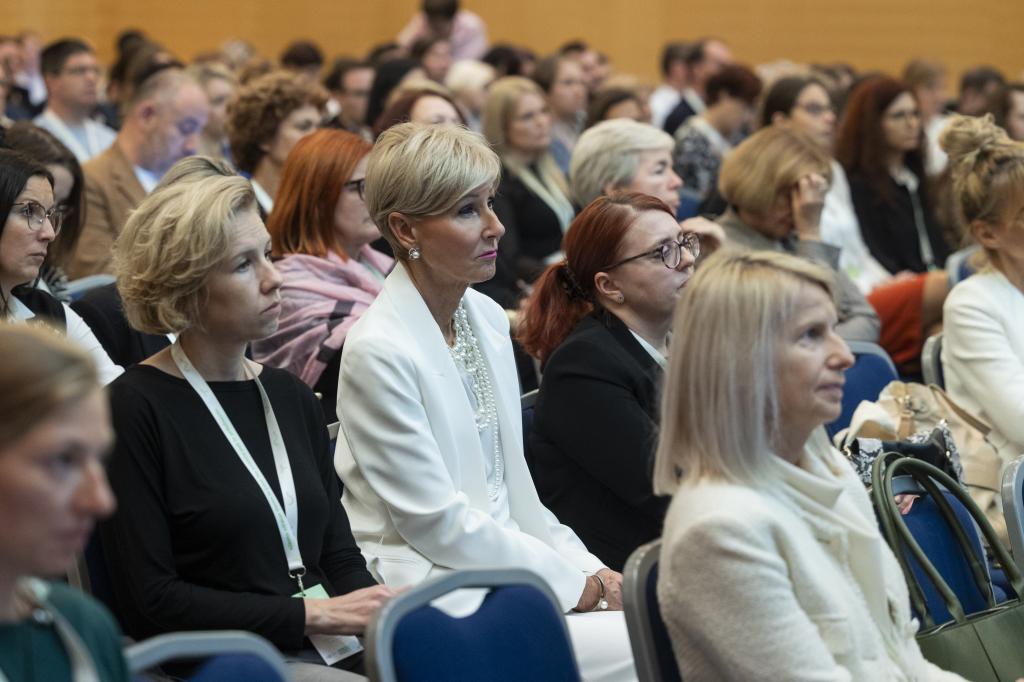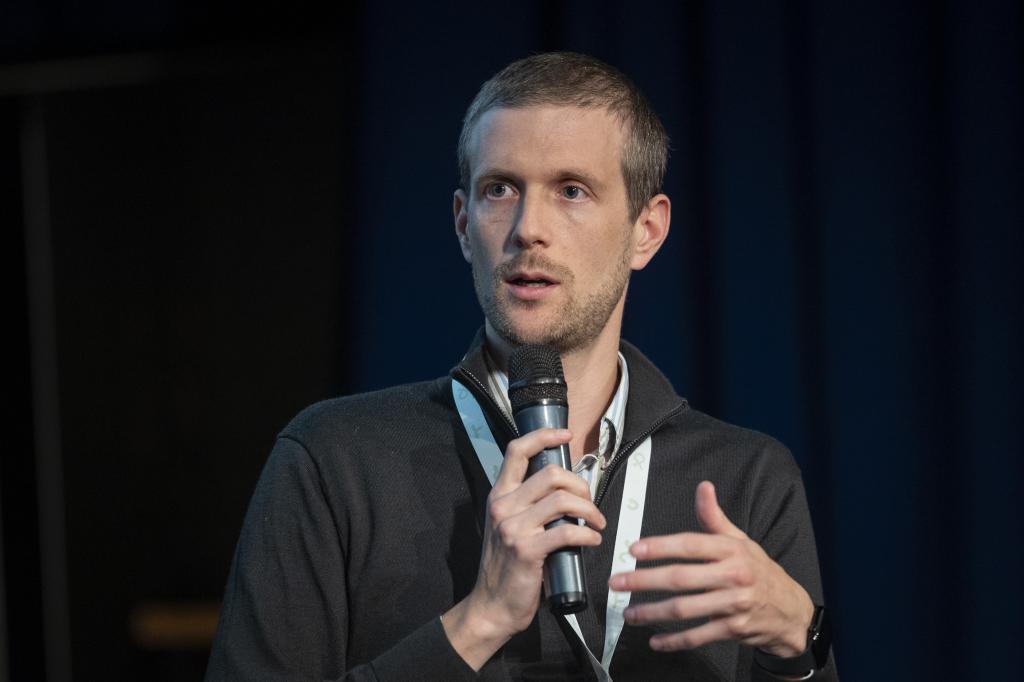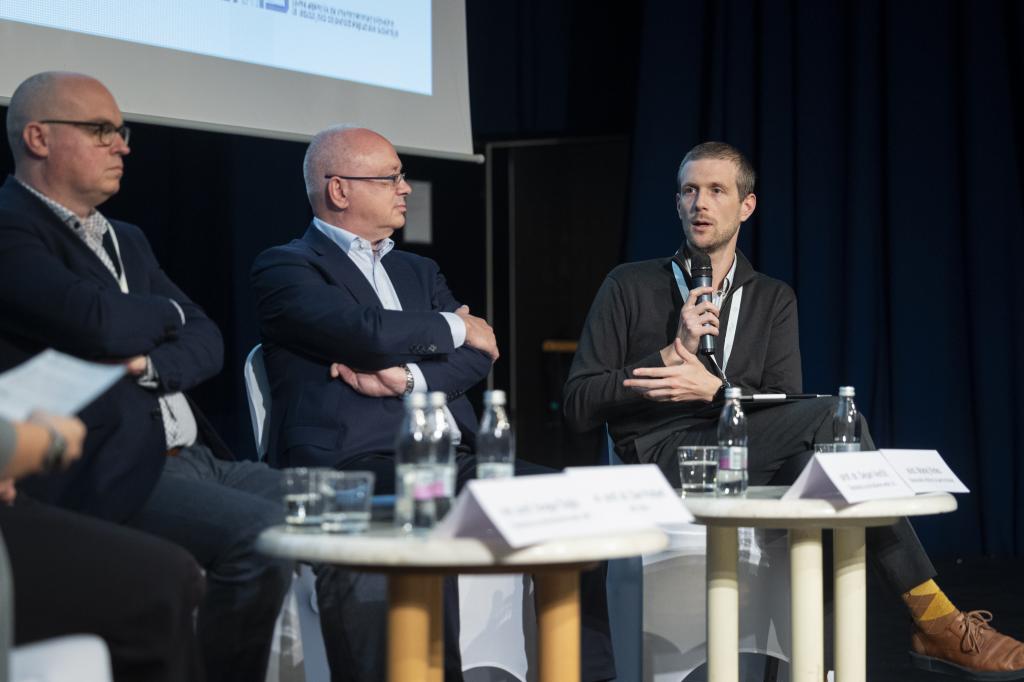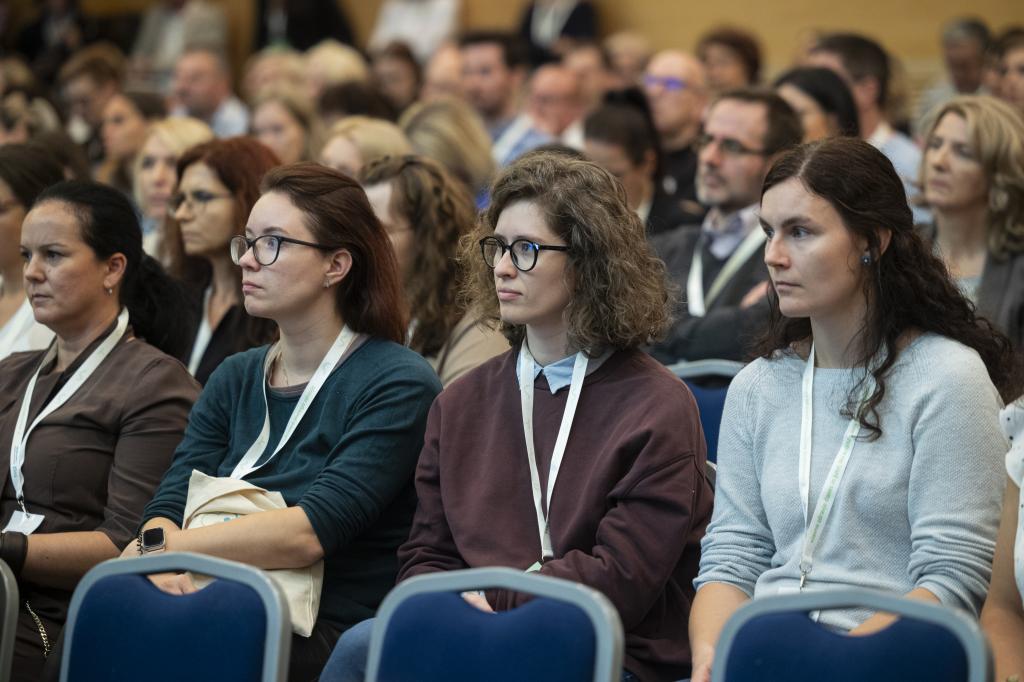The conference presented the results of public health projects and programmes that aim to achieve specific health objectives in society in order to significantly improve and strengthen public health and well-being in the population, to reduce health inequalities and to highlight future priorities and challenges for the health system, which must respond qualitatively to the needs of patients and citizens in ensuring health as one of the most important building blocks of development.
In the opening part of the conference, the conference was addressed by Dr Branko Gabrovec, Director General of the National Institute of Public Health, Dr. Valentina Prevolnik Rupel, Mayor of the City of Maribor Saša Arsenovič and Melita Vujnović, Head of the WHO Representation in Slovenia, who emphasised that health as a value that links patient and health worker also dictates public health policy to create a quality, sustainable, solidarity-based, socially equitable and equally accessible health system.
Round table spoke about the concept of erosion of trust and challenges in the field of artificial intelligence and is available on the Slovenian Press Agency website. It included Dan Podjed, anthropologist, researcher at the Institute of Slovene Ethnography ZRC SAZU and associate professor at the Faculty of Arts, University of Ljubljana; Gregor Štiglic, vice-dean for research and professor at the Faculty of Health Sciences, University of Maribor; Dejan Verčič, communication researcher and public relations theorist at the Faculty of Social Sciences, University of Ljubljana; and Matej Vinko, Head of the Centre for Mental Health at the National Institute of Public Health.
Invited speakers and partners from related organisations from abroad also spoke on topical issues, and the conference was enriched by four workshops on NGOs, midwifery, social marketing and a career café.
The plenary part of the conference focused on future challenges and priorities facing both Slovenian and European health systems. These include the demographic and epidemiological transition, health literacy, new forms and problems of communication with patients and the general public, and we have also put forward proposals for actions that will be necessary to maintain and improve health, from the already well-known problems of unhealthy lifestyles and the burden of chronic non-communicable diseases, to disease prevention, infectious diseases and mental health.
The public health system will continue to focus on prevention and health promotion across the lifespan, integrated and joined-up care, and quality and safety, through continuous monitoring and training of professionals, rational use of resources, and investment in the training of health professionals and research to support continuous improvement in the quality of care. Strategic public health objectives and activities will also focus, inter alia, on strengthening the primary level and the provision of prevention programmes, which are key to ensuring an accessible and sustainable health system.

